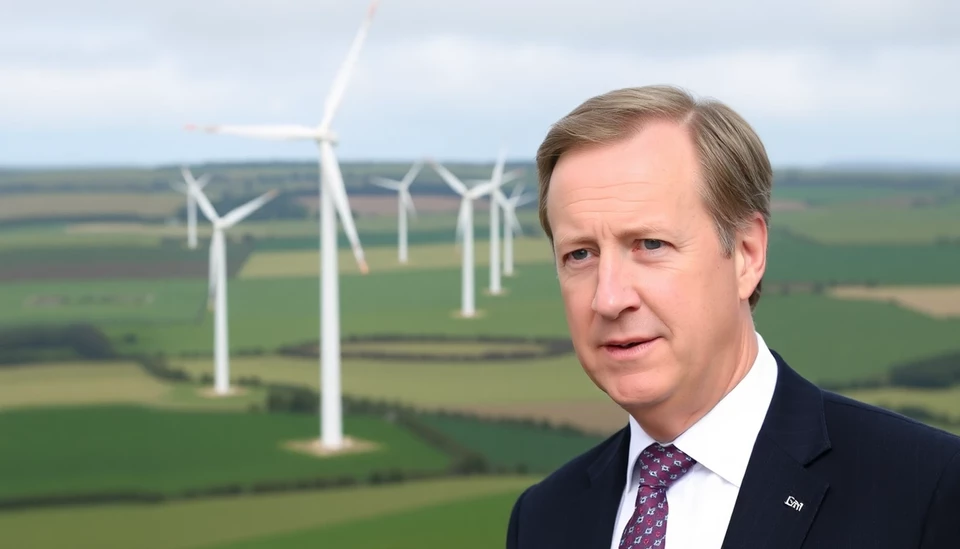
In a surprising move that could reshape the energy sector in the United Kingdom, Nigel Farage, the prominent political figure and former leader of the Brexit Party, has declared his intention to impose a significant windfall tax on the nation's wind farms. This announcement comes as part of his broader initiative aimed at addressing the ongoing energy crisis that has gripped the UK.
Speaking at a recent press conference, Farage criticized the excessive profits generated by operators of wind energy facilities, particularly in light of the challenging economic conditions faced by ordinary citizens. He emphasized that while the country grapples with soaring utility bills, it is unacceptable for energy companies to reap vast rewards from the renewable energy sector without contributing back to the public.
Farage's proposal posits that operators of wind farms — many of which have seen a substantial increase in revenues due to favorable market conditions — should face additional taxes on their profits. He articulated that the funds collected through this windfall tax would be redirected towards supporting those most affected by the current energy crisis, thereby providing relief to struggling households and small businesses.
The former Member of the European Parliament also highlighted the growing public discontent with the energy market, claiming that a majority of citizens feel alienated by the rising costs of living exacerbated by expensive energy bills. By implementing a windfall tax, Farage argues that the government could help mitigate some of these burdens, allowing citizens to retain more of their hard-earned money.
While Farage's proposals may resonate with a segment of the population disillusioned by rising energy costs, they have sparked discussions among policymakers and economists regarding the potential implications of such a tax. Critics warn that imposing additional taxes on wind energy operators might discourage investment in renewable sources, which are pivotal for the UK’s transition to a greener economy. Conversely, supporters argue that ensuring fair taxation is essential in any market, particularly in sectors profiting immensely during times of economic hardship.
The backdrop to this unfolding dialogue is the ambiguous landscape of UK energy regulations and market dynamics. Following the global energy crisis intensified by geopolitical tensions and the ongoing effects of climate change, many countries, including the UK, are reevaluating their energy strategies. Farage’s pledge for a windfall tax further complicates an already intricate discussion surrounding energy security, price stability, and the transition to sustainable practices.
As the debate around this proposed windfall tax gains momentum, it remains to be seen how the government's response will shape the future of energy policy in the UK. Policymakers, energy companies, and consumers alike will be closely monitoring developments in this area, as the outcome may have lasting effects on the UK’s energy landscape.
In conclusion, Nigel Farage’s bold promise to implement a windfall tax on UK wind farms serves as a rallying cry for those frustrated with the current energy crisis. Whether this move will gain traction and lead to substantive change in energy taxation remains uncertain, but it is undoubtedly igniting a vital conversation about energy equity in the UK.
#NigelFarage #UKWindFarmTax #EnergyCrisis #WindfallTax #RenewableEnergy #EnergyPolicy #ClimateChange #UKPolitics
Author: Sophie Bennett
